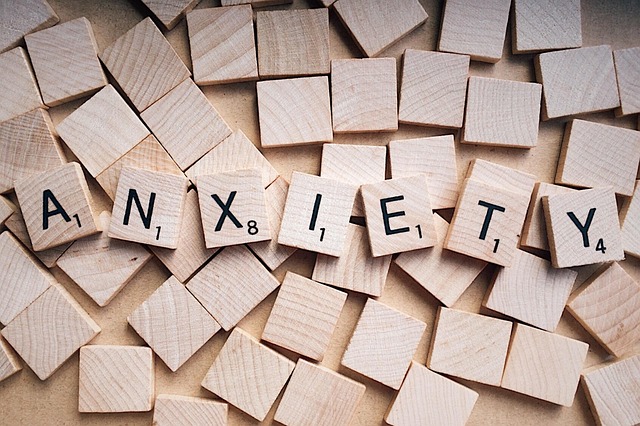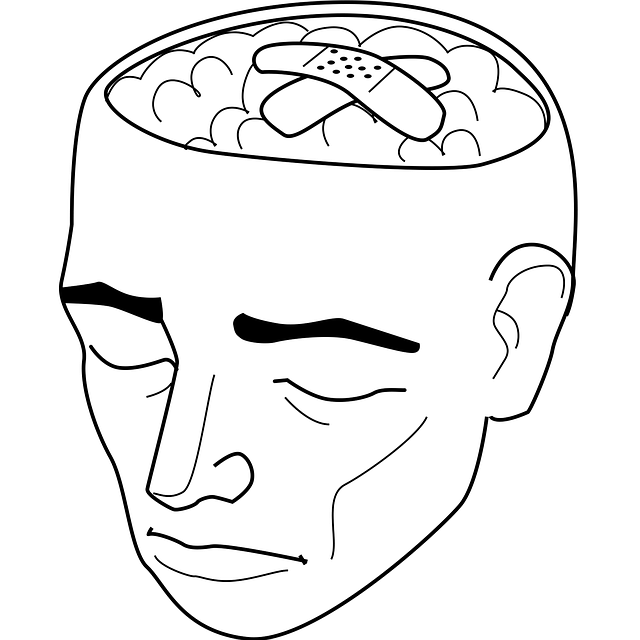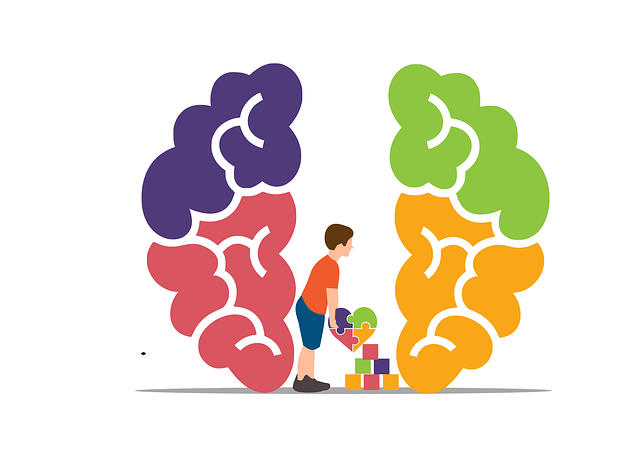Castle Rock Abuse Survivors Therapy (CRAST) employs a unique holistic approach to mental wellness self-assessment, leveraging evidence-based practices and comprehensive tools to aid trauma survivors. By exploring trauma symptoms, coping mechanisms, and support systems through self-report, interviews, and experiential exercises, CRAST offers nuanced insights for personalized therapy strategies. This methodical integration of qualitative and quantitative assessments empowers clients to manage their mental health proactively, fostering resilience and aligning with broader wellness outcomes and policy goals.
Mental wellness self-assessment tools play a pivotal role in personal growth and healing, especially for survivors of trauma. This article explores the development of such tools, highlighting their importance in understanding mental health. We break down key components necessary for comprehensive assessments and offer techniques for creation, drawing from the successful Castle Rock Abuse Survivors Therapy (CRAST) approach. By understanding these elements, individuals can access valuable insights, foster resilience, and take charge of their mental wellness journey.
- Understanding Mental Wellness Self-Assessment: A Necessity for Personal Growth
- Identifying Key Components: What Should a Self-Assessment Include?
- Creating Effective Tools: Techniques and Strategies for Development
- Case Study: Castle Rock Abuse Survivors Therapy (CRAST) Approach to Self-Assessment
Understanding Mental Wellness Self-Assessment: A Necessity for Personal Growth

Understanding Mental Wellness Self-Assessment is a pivotal step in fostering personal growth and resilience, especially for individuals navigating complex journeys like Castle Rock Abuse Survivors Therapy. These tools serve as powerful mirrors, reflecting an individual’s emotional state, mental health landscape, and areas of potential concern or strength. By regularly engaging with self-assessment, one can gain profound insights into their psychological well-being—a cornerstone of overall wellness.
This proactive approach enables individuals to take charge of their mental health journey. It equips them with the knowledge to recognize early warning signs of issues like depression prevention and allows for timely intervention. Moreover, it promotes open communication between patients and healthcare providers, ensuring culturally competent care through the lens of mental health awareness and sensitivity.
Identifying Key Components: What Should a Self-Assessment Include?

A comprehensive mental wellness self-assessment tool for Castle Rock Abuse Survivors Therapy (CRAST) should incorporate several key components to effectively gauge an individual’s emotional state and progress. Firstly, it must include questions that explore the severity and frequency of symptoms associated with trauma and abuse, such as flashbacks, nightmares, or severe anxiety. These insights are vital for understanding the client’s current struggle and tailoring therapy accordingly.
Additionally, the self-assessment should delve into the individual’s coping mechanisms, support systems, and overall sense of self-worth. By assessing these aspects, therapists can identify unhealthy patterns, recognize potential triggers, and offer tailored strategies to enhance emotional healing processes. Incorporating Empathy Building Strategies within the assessment can foster a deeper connection between the client and therapist, encouraging open communication and honest reflection. This holistic approach ensures that the CRAST programme addresses all facets of mental wellness, aiming for the ultimate goal of empowering survivors through effective therapy.
Creating Effective Tools: Techniques and Strategies for Development

Creating effective mental wellness self-assessment tools is an intricate process that requires a deep understanding of human psychology and emotional healing processes. At Castle Rock Abuse Survivors Therapy, we’ve honed techniques that ensure these tools are not only accurate but also empowering for individuals seeking better mental health. Our approach blends evidence-based methods with a holistic perspective to cater to diverse needs.
Through the development of these tools, we focus on integrating Mental Wellness Coaching Programs and promoting Self-Care Routine Development. By combining qualitative and quantitative assessments, we capture nuanced insights into an individual’s mental state, fostering more personalized interventions. This multi-faceted strategy ensures that each user receives tailored guidance, enhancing their emotional healing processes and ultimately leading to improved wellness outcomes.
Case Study: Castle Rock Abuse Survivors Therapy (CRAST) Approach to Self-Assessment

Castle Rock Abuse Survivors Therapy (CRAST) offers a unique and innovative approach to mental wellness self-assessment, particularly tailored for individuals who have experienced abuse or trauma. This therapy model recognizes that traditional assessment methods may not adequately address the complex needs of such survivors. As a result, CRAST developed a comprehensive framework that integrates various psychological tools and techniques.
The CRAST method involves an in-depth exploration of the client’s history, focusing on past traumas and their impact. It employs a combination of self-report questionnaires, clinical interviews, and experiential exercises to gain a multifaceted understanding of the individual’s mental health status. This holistic assessment enables therapists to tailor interventions, ensuring that they address not just symptoms but also the underlying causes, thereby fostering inner strength development and enhancing resilience. The approach has proven effective in guiding crisis intervention guidance while aligning with broader goals of Mental Health Policy Analysis and Advocacy.
Mental wellness self-assessment tools play a pivotal role in empowering individuals to take charge of their mental health. By understanding key components and employing effective development techniques, such as those exemplified by the Castle Rock Abuse Survivors Therapy (CRAST) approach, we can create powerful resources that facilitate personal growth and resilience. Integrating these tools into our lives encourages proactive mental wellness management, ultimately fostering healthier and more fulfilling lives.














